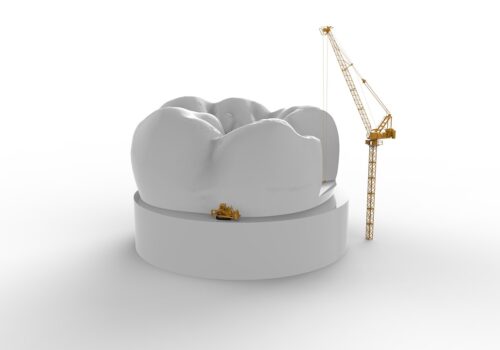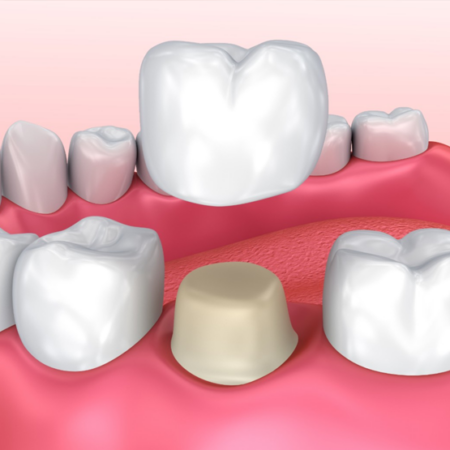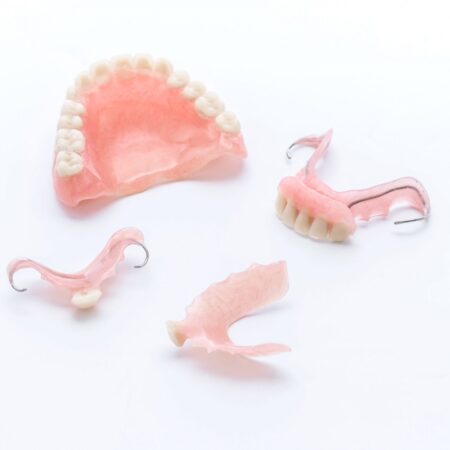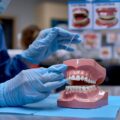
What is Tooth Contouring?
Tooth contouring, also known as odontoplasty or enameloplasty, is a cosmetic procedure that reshapes teeth by removing enamel, enhancing the appearance, and addressing minor issues.
Benefits of Tooth Contouring
While tooth reshaping isn’t appropriate for every case, there are a number of key benefits to having this work done. These include:
- It’s a more conservative method than other cosmetic dentistry approaches.
- It’s painless and very well tolerated.
- Recovery is immediate; you can resume normal eating and drinking afterward.
- Contouring can help change anatomy or overhangs that can lead to increased tartar build-up, preventing tooth decay and gum disease.
- Improvement in self-esteem and feelings of self-worth as your smile is improved.
Tooth Contouring Potential Risks
As with any dental procedure—and despite your dentist’s best efforts—there are some potential risks to tooth reshaping. The enamel layer is very thin—only about 2.6 millimeters—so dentists have to be very careful; problems can arise if too much is taken off. Tooth contouring may cause:
- Temporary tooth sensitivity to hot or cold
- Increased risk for tooth decay or damage
- Yellowing of the teeth
- Potential recurrence in cases of tooth grinding (“bruxism”)
- Don’t Try This at Home
- Given the potential for damage to your teeth, tooth contouring isn’t something you should try at home. Not only is a great deal of special training needed, it’s especially dangerous to perform this work on your own mouth. In doing so, you risk damaging your own teeth.
Learn more about Different Types of Teeth Fillers.
Aftercare
Unlike many other cosmetic dental treatments, no special steps are needed when recovering from tooth reshaping. It’ll be important, however, to keep up with the basics of dental hygiene:
- Brush properly twice a day.
- Floss at least once a day.
- Keep up with dental check-ups (twice a year).
- Avoid smoking
- You should also call your dentist if your teeth feel rough afterward. This may be a sign of plaque or tartar build-up or another issue with the procedure.
Summary
Tooth contouring, also known as odontoplasty or enameloplasty, is a cosmetic procedure that aims to reshape your teeth to correct the appearance of your smile. While there are limitations to what it can do, this treatment can shorten overlong incisors, fix minor chips and cracks and pits in tooth enamel, and make your teeth more symmetrical. While this is a painless, well-tolerated procedure, there are a couple of risks. Risks include temporary tooth sensitivity, increased risk of tooth decay or damage, or yellowing of the teeth.
While no specific steps are needed for aftercare, you should still monitor dental health, brush twice a day, floss daily, and get regular dental care.
While it’s easy to dismiss work like tooth contouring as merely “cosmetic,” it’s important to remember the many benefits of having an even, attractive set of teeth. It can be stigmatizing and difficult to feel unattractive or to feel you have to hide your teeth. With effective intervention and the help of a good dentist, however, you may find your confidence restored. And that’s something worth smiling about.
FREQUENTLY ASKED QUESTIONS
Is teeth contouring permanent?
Since teeth contouring involves physically filing down and reshaping your teeth, it is permanent work. As such, the decision to go ahead with this treatment should be a very careful one. You and your dentist will need to weigh the potential impact of tooth contouring as it’s irreversible.
Is teeth contouring painful?
The enamel of your teeth that gets filed and reshaped during tooth contouring doesn’t have any nerves in it. Therefore, you won’t feel pain during the procedure. Generally, no anesthetic is needed, though patients who are concerned about discomfort can request it.












